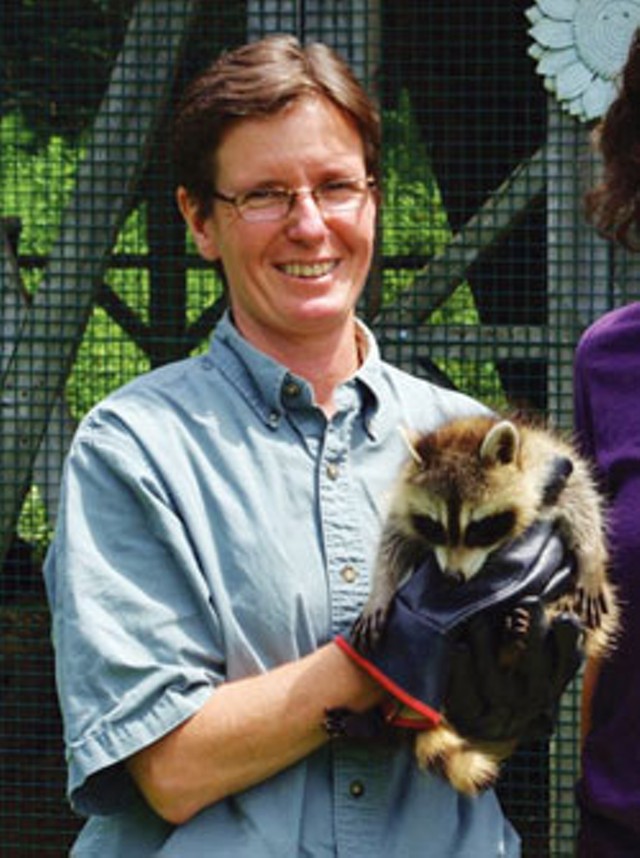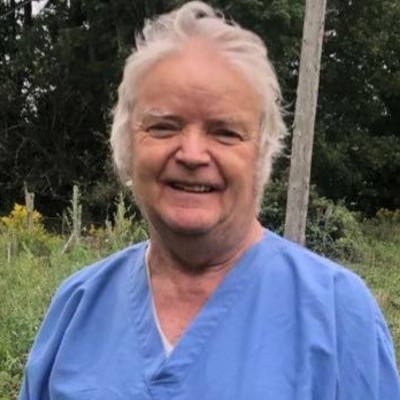Published June 27, 2012 at 11:29 a.m. | Updated September 24, 2019 at 9:01 p.m.
Animal-cruelty complaints have steadily increased in Vermont since the onset of the recession, and the state has been ill equipped to deal with the growing problem.
Last year, Vermont’s Animal Cruelty Task Force surveyed more than 100 town clerks statewide and found that most animal-control officers spend less than five hours each week on their animal-related duties. JoAnn Nichols, an investigator with the Humane Society of Chittenden County, notes that Vermont has no uniform standards for its ACOs, many of whom are not police officers and have no formal education or background in investigating abuse and neglect complaints. Even ACOs who are cops may have no training in doing those investigations, as it’s not a mandatory course at the Vermont Police Academy.
A $10,000 grant from the Vermont Humane Federation, in conjunction with the Humane Society of the United States and the American Society for the Prevention of Cruelty to Animals, should improve the situation. It’s funding a pilot project that trains ACOs in Windham and Bennington counties, modeled after one currently in place in Rutland County.
Why Rutland County? As Nichols explains, Rutland has a full-service animal shelter, several horse-rescue organizations that all work together on cruelty and neglect calls, and local vets who are trained in animal forensics. Finally, there’s good “buy-in” from the Rutland County Sheriff’s Department, which has experienced deputies trained to recognize and investigate animal-abuse allegations.
“Whenever you have a law enforcement department that’s looking into animal cruelty,” Nichols adds, “generally more things can get done.”
The HSUS’ Joanne Bourbeau confirms that the quality of animal control is uneven across Vermont — some towns have full-time ACOs; others are totally volunteer or paid on an as-needed basis. In Caledonia County, for example, there’s no brick-and-mortar shelter, and one ACO covers 12 towns.
More By This Author
Speaking of...
-

Q&A: A Clinic Has Cared for Old North End Pets for Almost 20 Years
Jan 31, 2024 -

Video: The Old North End Veterinary Clinic Has Kept Costs Low to Help Pets in Burlington for Almost 20 Years
Jan 25, 2024 -

Q&A: Merrymac Farm Sanctuary in Charlotte Provides a Forever Home for Neglected Animals
Dec 6, 2023 -

Video: Neglected Animals Find a Home With Era MacDonald at Merrymac Farm Sanctuary in Charlotte
Nov 30, 2023 -

Response Teams Provide Shelter for Pets of Evacuated Vermonters
Jul 16, 2023 - More »
Comments
Comments are closed.
From 2014-2020, Seven Days allowed readers to comment on all stories posted on our website. While we've appreciated the suggestions and insights, right now Seven Days is prioritizing our core mission — producing high-quality, responsible local journalism — over moderating online debates between readers.
To criticize, correct or praise our reporting, please send us a letter to the editor or send us a tip. We’ll check it out and report the results.
Online comments may return when we have better tech tools for managing them. Thanks for reading.















































